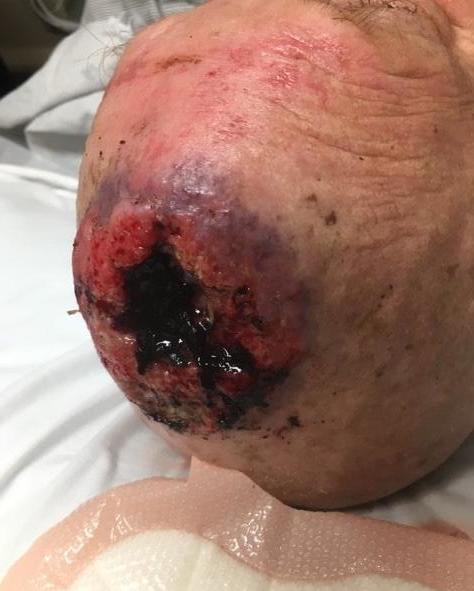
2 minute read
Burnt Out Doctors Performing Whole Patient Care... Really?
Director of Research & Medical Simulation at AdventHealth East Orlando and Assistant Professor of Emergency Medicine at Florida State University College of Medicine By Ademola Adewale, MD, FACEP
The concept of whole patient care or patient-centered care was initially part of holistic medicine, but now is mainstream medicine. Unfortunately, the promise of whole patient care is too often negated by the dysfunctional environment in which care is delivered.
Advertisement
Physical well-being addresses lifestyle behaviors that cultivate good health and help avoid preventable diseases. Emotional well-being addresses factors that are affecting the patient’s state of mind, coping mechanisms and mental health conditions such as anxiety or depressive disorders. Spiritual well-being encompasses a universal human experience that addresses our purpose in life, and can involve a religious affiliation or a deep sense of being interconnected with nature or the environment. And social wellbeing addresses the interactions and relationships with friends, family and the community.
But who is to deliver this care? Obviously, not healthcare executives or the institutions they serve. Physicians are tasked with delivering this care to the patients the healthcare organizations serve. The burning
question is this: “Can a disengaged, burnt-out physician provide whole patient care?”
This sounds like an oxymoron in itself. The irony here is that the philosophy is backwards in its approach. For a physician to provide whole patient or patient-centered care, the physician must be whole. In the era where almost 55% of physicians express some level of burnout, 17% or so exhibit colloquial depression, and a physician commits suicide every day, shouldn’t healthcare organizations be investing first in physician wholeness?
It seems obvious that investing in the concept of physician wholeness should have been the first phase of the foundation of the patient wholeness campaign. Can you imagine a physician that is not physically fit or healthy, emotionally drained and detached, spiritually wanting or lacking, and socially isolated or uninvolved trying to address the pillars of wholeness with a patient? The oddity and irony here are very obvious. grams to address physician resilience. This is a sure way to miss the mark.
Most physicians are resilient by virtue of being a physician. It takes a resilient person to make it through cut-throat medical school, survive the grueling and sometimes almost torture-like residency, before transitioning to be a full-fledged physician. This requires superb intestinal fortitude, the ability to tighten sphincter muscles, and, in all, possess the unique quality of equanimity under duress. The idea that physicians are not resilient and need resiliency training is perceived as insulting by practicing physicians.
The whole patient or patient-centered care concept is a welcome addition to modern healthcare; it has been long overdue. Healthcare organizations serious about delivering whole patient care need to deliberately and simultaneously invest in physician wellness. At the end of the day, it is only a whole physician that can effectively buy-in and deliver whole patient care. ■










